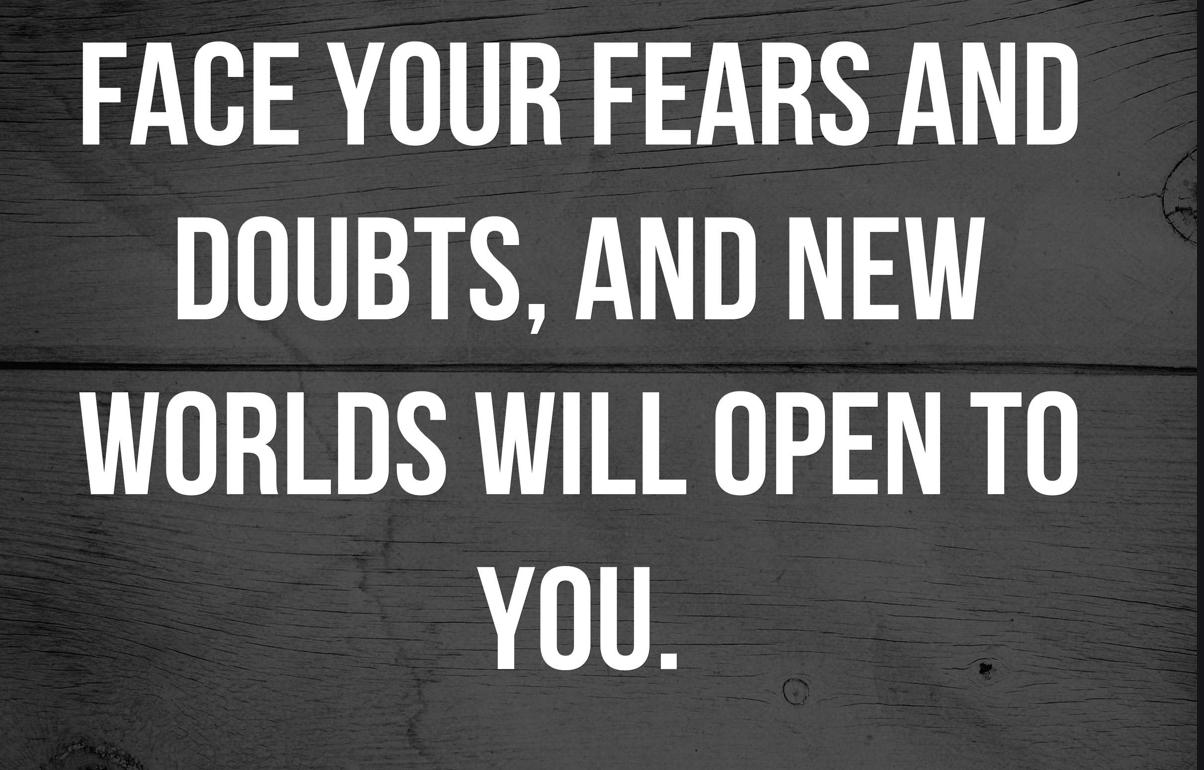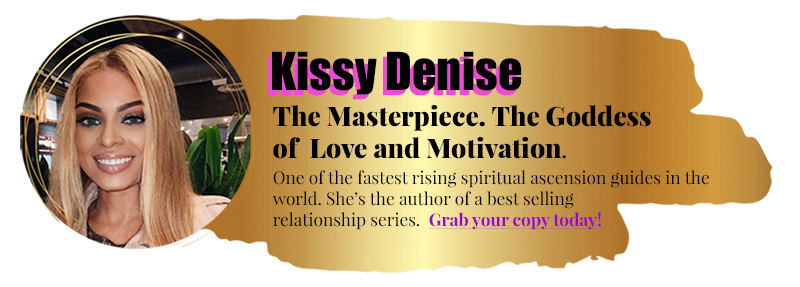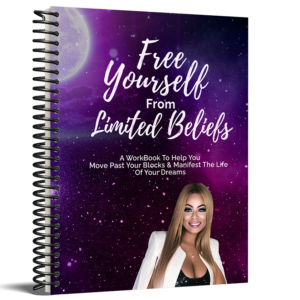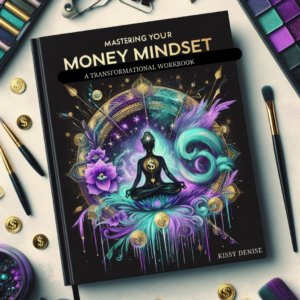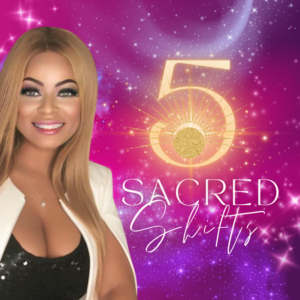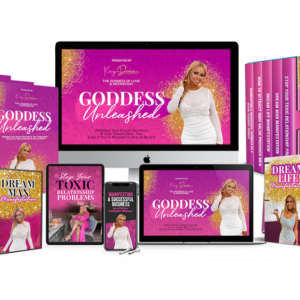When someone is in love YES, they are quick to reassure you and let you know they care about you. There is no light, love and go play with yourself and go phuck yourself. If you don’t expect yourself to have sex with yourself, why expect your mate to work through doubts by themselves? People want a relationship without any effort of playing as a team.
Doubt in relationships, is a common, normal often sudden fear or uncertainty about the person you are with. It is inevitable and is not necessarily a bad sign.
But doubt can also mean that your relationship is moving to another stage of commitment where differences are worked on and growth happens. This scares many people because they’ve never worked on differences before. They simply went blindly into relationship sin the past.
Here are some tips about doubt from the GoodMenProject:
Doubt is a normal response to change. Sometimes we doubt a new job or moving on. Doubts arise in relationships when things progress. Doubt is very common when relationship talk graduates to moving in together or marriage. Simply talking about these changes with your partner can relieve the stress; you may find he or she feels the same. Without actually sitting down and talking it out, it’s difficult to move forward.
Some doubts are a stress response. They can be our way of preparing for new challenges. These doubts sound like: What if I screw this up? But I don’t like his or her friends all that much. Are they really my ‘One’? Are we really a match sexually? I am not sure about the way he or she manages their finances. These are perspectives rather than things set in stone. They are issues that can change over time, or are often only one side of the story.
But doubt can also mean that your relationship is moving to another stage of commitment where differences are worked on and growth happens. Unless you let doubt get the better of you. So, why do we doubt the ones we love?
Doubt is a normal response to change. Just as we doubt what a new job or moving might do to our lives, doubts arise in relationships when things progress. Doubt is common when relationship talk graduates to moving in together or marriage. Simply talking about these changes with your partner can relieve the stress; you may find he or she feels the same.
Some doubts are a stress response. They can be our way of preparing for new challenges. These doubts sound like: What if I’m still attracted to other people, is that a bad sign? But I don’t like his or her friends all that much. Are they really my ‘One’? Are we really a match sexually? I am not sure about the way he or she manages their finances. These are perspectives rather than things set in stone. They are issues that can change over time, or are often only one side of the story.
On the other hand, are your doubts really about your partner’s actions and behaviors towards you? In some cases, doubts are your issues in disguise and are not healthy for you or the relationship. But you can still grow from your doubts, and so can your relationship, as long as you face and recognize them.
Doubt can hide fear. Often doubt comes up when there is a fear of intimacy. If every step towards greater commitment has your doubts rising significantly, you might want to think about what you are scared of. Even a few counseling sessions, talks with your partner or a self-help book might be of some guidance.
Doubts can be sabotage. If you do fear of intimacy, doubts might be your subconscious pushing your loved one away. This doesn’t mean they’ll leave. If they love you, and you love them and want to work on your issues, who is to say you can’t get past this? No one. It’s all about awareness and honesty.
Sometimes we think we doubt our current partner when we are really assuming certain things based on past experience. You might doubt your partner truly loves you if in the past you dated someone who was emotionally unavailable.
At the end of it all, doubt is rarely the real problem in a relationship. It’s a lack of communication that tends to be the true issue. If you have doubts that you feel you can’t talk over with your partner, the question might be why you can’t communicate them. Do you fear upsetting them? Why? Do you know how to navigate conflict, or do you not trust each other enough to be vulnerable around each other? These are issues worth looking at, alone, or with a couples counselor.
Steer clear of talking over your doubts too much with the wrong people. Doubts are often just garden-variety fears and anxieties. Talk about them too much with, say, your friend who is jealous of your relationship, or your mother who never likes anyone you date, or people who don’t know or understand the depth of your mate, and they may help you turn those doubts into real issues. Try sorting out your doubts for yourself first, then talk to someone you truly trust, or even to a relationship coach.
Balance your doubts with an equal focus on what is working. Many of us have brains that are trained to focus on the negative. Try spending time each day thinking about five things that are going right with your relationship. Or keep a list you can review and add to about all the ways the relationship works and how your partner is just what you need.



